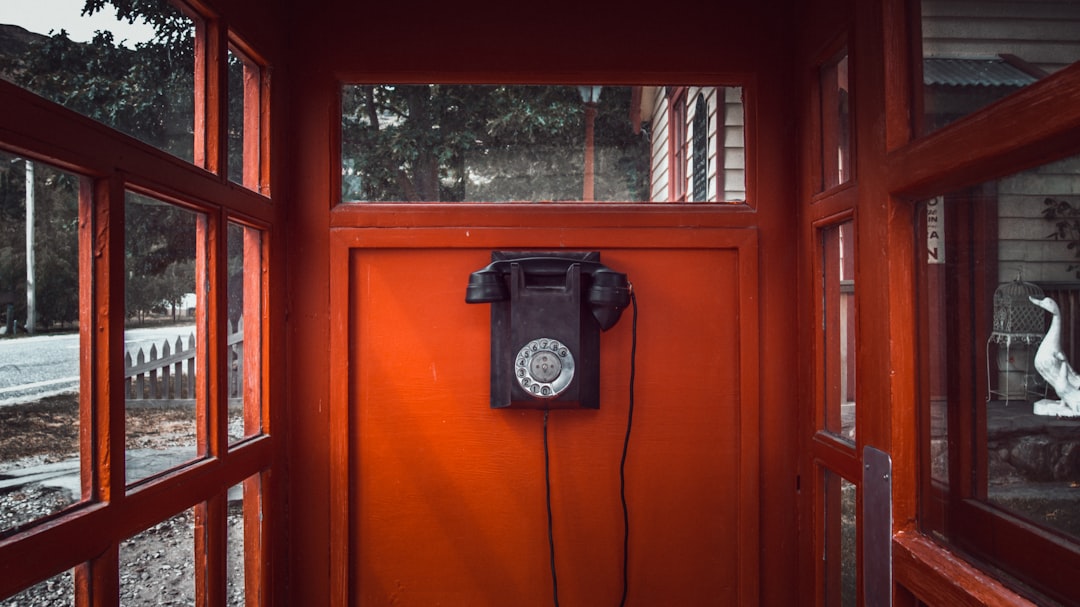In Wisconsin, the rise of unwanted robocalls has become a persistent problem for residents, disrupting their daily lives and privacy. The state has taken decisive action with comprehensive legislation that includes strict adherence to the Telephone Consumer Protection Act (TCPA) and the Wisconsin Do Not Call Law to protect against spam calls. Residents facing this nuisance should be aware of their rights and the legal options available to them, including pursuing action against spammers with the help of specialized spam call lawyers or spam call attorneys in Wisconsin. These legal experts are well-versed in telecommunications laws and offer guidance on navigating the legal process to seek compensation and deter future violations. The state imposes significant fines for infractions, and affected individuals can seek statutory penalties and potential damages with the assistance of reputable spam call law firms or spam call attorney offices in Wisconsin. For effective representation against these intrusive communications, it is advisable to consult with a spam call lawyer or spam call attorneys in Wisconsin who specialize in this field and operate on a contingency fee basis for your convenience.
robocall menace plagues many residents of Wisconsin, with relentless automated calls disrupting daily life. This article demystifies the legal landscape against such intrusive calls and empowers affected individuals with actionable insights through a spam call lawyer or law firm in Wisconsin. By navigating the nuances of state legislation, you can effectively combat these unwanted interruptions and potentially recover statutory penalties. Understanding your rights and leveraging expert spam call attorneys or lawyers in Wisconsin is key to reclaiming peace of mind from the onslaught of robocalls.
- Understanding Robocall Legislation and Your Rights in Wisconsin
- Effective Strategies to Combat Spam Calls with a Wisconsin Spam Call Attorney
- How a Spam Call Lawyer or Law Firm in Wisconsin Can Help You Recover Statutory Penalties
Understanding Robocall Legislation and Your Rights in Wisconsin

In Wisconsin, the proliferation of unwanted robocalls has become a significant issue for residents, disrupting daily life and privacy. To combat this nuisance, robust legislative measures have been established. Understanding these laws is crucial for consumers who are targeted by spammers. The Telephone Consumer Protection Act (TCPA) and the Wisconsin Do Not Call Law provide frameworks that restrict unsolicited robocalls. If you’re on the receiving end of these automated calls, it’s important to know your rights. Spam call lawyers and attorneys in Wisconsin are well-versed in this area of law and can guide you through the legal process should you decide to take action against persistent spammers. The state imposes substantial fines for violations, which serve as a deterrent. If you’re dealing with an influx of spam calls, consider reaching out to a spam call law firm in Wisconsin. They can help you pursue statutory penalties against the offenders and may assist in recovering damages incurred due to these intrusive communications. With legal representation from experienced spam call lawyers or attorneys, you can navigate the complexities of the law and seek justice for the disturbances caused by these unwanted calls.
Effective Strategies to Combat Spam Calls with a Wisconsin Spam Call Attorney

If you’re plagued by the relentless onslaught of spam calls, it’s time to consider legal recourse with a spam call lawyer in Wisconsin. These seasoned professionals specialize in navigating the complexities of telecommunications laws and can offer effective strategies to combat this nuisance. A spam call attorney Wisconsin will assess your situation, identifying the most egregious offenders and devising a plan to hold them accountable under state and federal regulations. They are well-versed in the Telephone Consumer Protection Act (TCPA) and can help you understand your rights and the potential remedies available. By partnering with a spam call law firm Wisconsin, you gain access to their expertise in litigation, which may result in recovering statutory penalties as allowed by Wisconsin law. These firms often operate on a contingency fee basis, meaning you don’t pay anything unless they win your case, making legal action an accessible option for those affected by this modern plight. In the event that your situation escalates, with spam calls persisting despite your efforts to cease them, it’s crucial to engage with a reputable spam call lawyer or spam call attorneys Wisconsin as soon as possible. They can swiftly take action to protect your privacy and seek compensation for the disruptions caused by these unwanted interruptions.
How a Spam Call Lawyer or Law Firm in Wisconsin Can Help You Recover Statutory Penalties

If you’re beset by relentless robocalls and seeking recourse under Wisconsin law, a spam call lawyer or spam call law firm in Wisconsin is your ally. These legal experts specialize in the Spam Call Prevention Act, which empowers individuals to recover statutory penalties from telemarketers and other entities responsible for these nuisance calls. The act stipulates that for each unsolicited call made in violation of the law, offenders can be fined up to $500. This means that if you’ve been targeted by spam calls repeatedly, the potential compensation could be substantial. Spam call attorneys and lawyers in Wisconsin are adept at navigating the complexities of this legislation, ensuring that your claim is handled with precision and in accordance with legal standards. They will diligently work to hold offenders accountable and pursue the highest possible statutory penalties on your behalf. Their expertise is crucial for effectively litigating against large-scale violators, as they understand the intricacies of telecommunications laws and the most effective strategies for securing compensation for your disrupted peace and time wasted. By enlisting a spam call law firm in Wisconsin, you’re not just claiming back what is rightfully yours; you’re also contributing to the broader effort against these invasive and unwanted communications.






